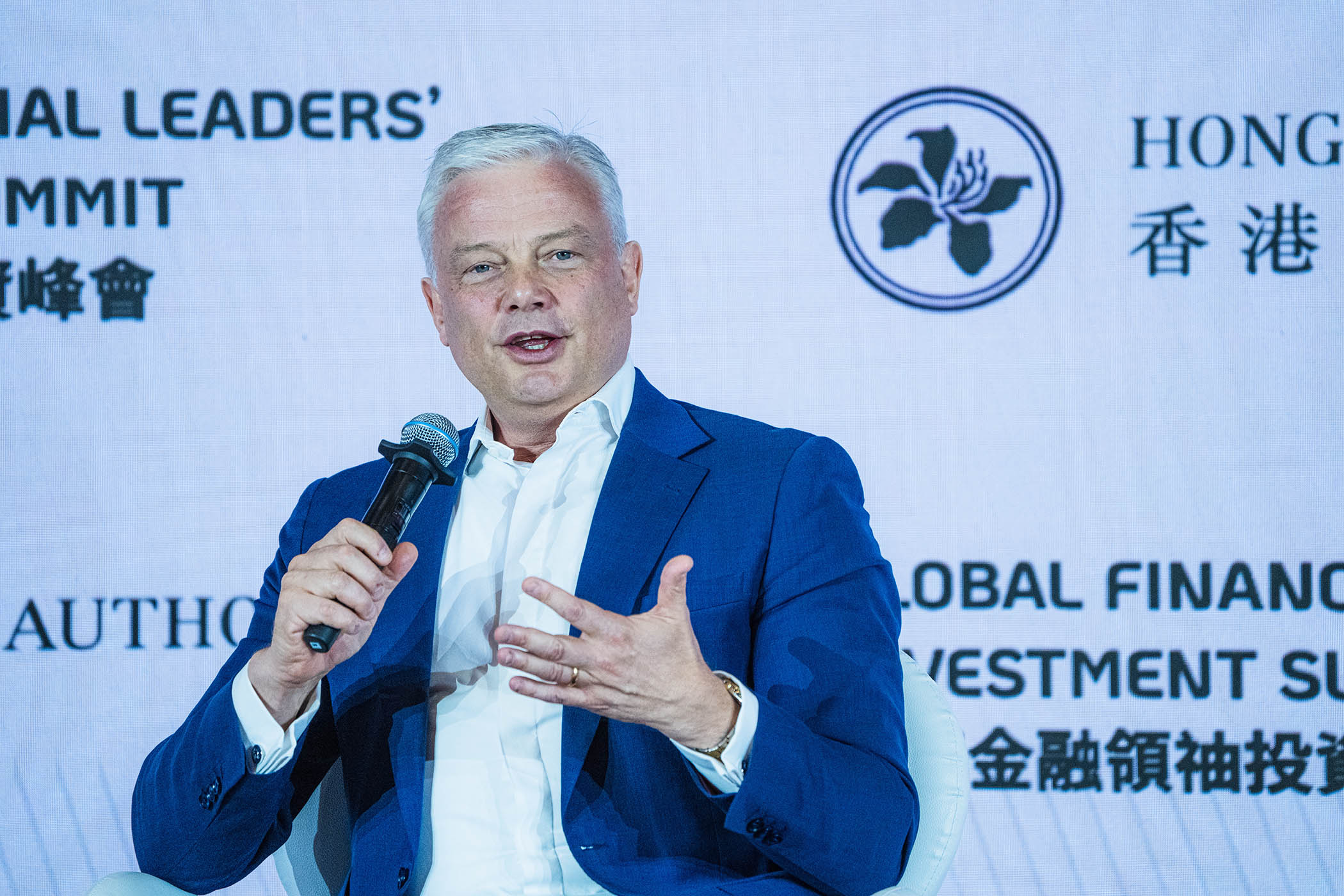Political factors and tight regulation are hampering defence investment just when Europe needs it most, according to a new report.
UK defence companies are struggling to access day-to-day financial services such as banking and insurance, according to the Royal United Services Institute (RUSI). Dr Linus Terhorst, the report’s author, says that companies are reluctant to speak out publicly for fear of public backlash, but that in private – and in survey responses to ADS, the industry trade body – the complaint is a common theme.
In March, more than 100 Labour MPs and peers signed an open letter saying that European sustainable-finance rules were being misapplied to defence companies, barring banks from receiving adequate funding. While some funds have over-interpreted regulations to exclude defence companies from their equity portfolios, the RUSI report says so-called ESG standards are not to blame. Instead, the fault lies with tight regulation.
Banks and insurers often steer clear of smaller defence firms because financial services regulations demand more oversight and interrogation of their activities, making the accounts more costly and complicated to manage, the report said.
Smaller defence firms also struggle to meet the tougher rules that apply to companies making equipment that could be put to illicit use. The report says the government should spell out how banks and businesses can follow these demands, though it stops short of calling for the rules to be changed.
Slow government decision making on awarding contracts to defence SMEs, and lack of awareness of the need for cashflow and working capital are a problem, Terhorst says. The government needs to overhaul how the MoD awards contracts to smaller firms to speed up decisions and make banking easier for these defence contractors.
Europe needs defence companies to function smoothly in order to keep weapons flowing to Ukraine, restock Nato and deter future threats. The report suggests red tape may be slowing them down just as tensions are rising in Eastern Europe.
Photo by Leon Neal/Getty Images
Newsletters
Choose the newsletters you want to receive
View more
For information about how The Observer protects your data, read our Privacy Policy



